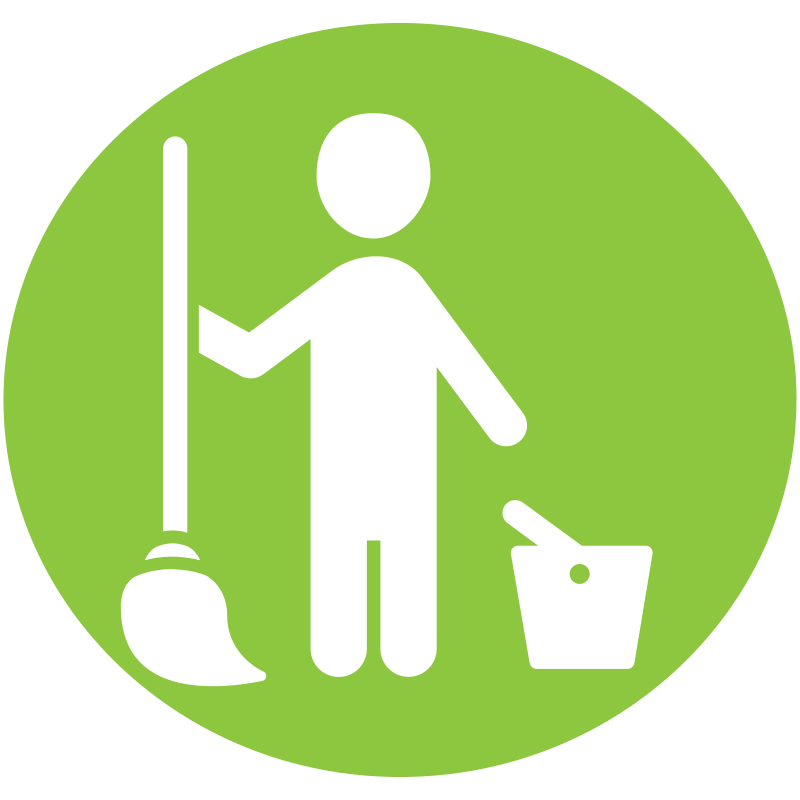Author: Adam Wickham ’22
While browsing social media, it may seem like you need to buy a lot of new, sustainable gadgets and gizmos in order to be environmentally friendly. However, you don’t need to go into debt in order to be sustainable! In fact, you can actually save money through some straight-forward changes in shopping, eating, cleaning, and organizational habits. As the motto goes: reduce, reuse, recycle! While we EcoReps often stress recycling, it is even better to reduce your consumption and reuse things that you’ve already consumed! Below are some tips on how you can be more sustainable on a budget:
- Buy seasonally (and locally)!
Eating locally doesn’t mean you have to break the bank at an upscale supermarket like Whole Foods; it just means that you are conscious of what you eat and when it’s in season. Fortunately, when something is in season, it’s generally cheaper! While farmers’ markets offer the greatest variety, local produce carts and supermarkets of immigrant communities offer good options too if they’re available in your area.
Here are some examples from the USDA. Price and availability vary by your region.

- Clean with reusable rags and easy DIY cleaning solutions
When your clothes rip or wear out, don’t throw them away! First, try fixing them (such as with Mend), but if that’s not an option consider turning them into rags. Old t-shirts work great for dusting and cleaning (and they can even be adapted as Swiffer attachments), while old socks are great for dusting smaller areas and erasing dry erase boards. You can even make a water and vinegar cleaning solution, which is cheaper than traditional cleaning products and non-toxic!

- Use what you’ve already got!
In an ideal world, you wouldn’t have any single-use plastics, but you probably do. So, I’d recommend finding ways to reuse plastic bottles, glass bottles, and other containers that you already have. For example, takeout containers can be used for school supplies and other small objects. Yogurt containers can make good pencil holders, while a cut-up carton could be used for potting plants or for storage. As you may realize, I enjoy storage containers.
I hope these tips aren’t too intimidating! For those of you who may not feel that you’re making much of a difference on a macro scale, remember that you can save money and still make a sustainable dent in your own home and community.

